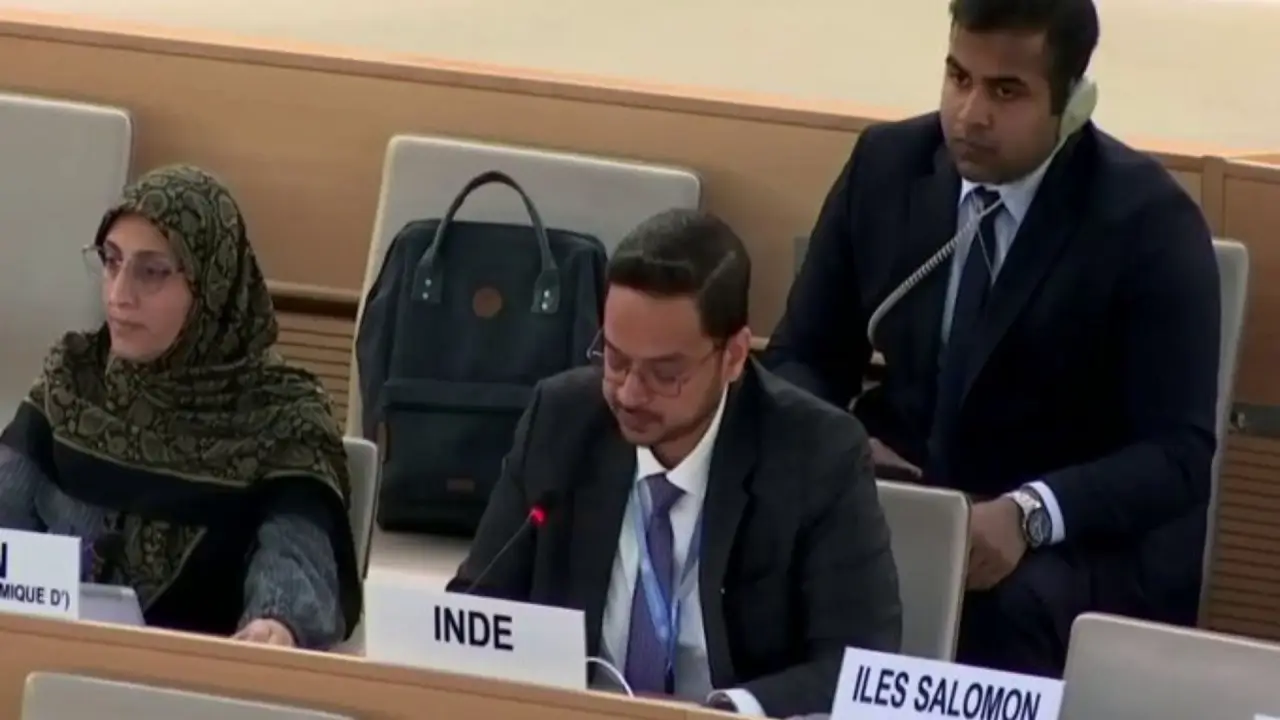
United Nations meeting (x/@airnewsalerts)
India-Pakistan Ceasefire: India Gears Up to Corner Pakistan at UN with Pahalgam Attack Evidence
The fragile India-Pakistan ceasefire, announced on May 10, 2025, is under strain as India prepares to present damning evidence at a UN committee meeting, linking Pakistan to the April 22 Pahalgam terror attack that killed 26 civilians. With the National Investigation Agency (NIA) compiling forensic and intelligence data, India aims to expose Pakistan’s alleged support for terrorism, seeking global accountability. This article examines India’s strategy, the ceasefire’s challenges, and the broader diplomatic implications.
India’s UN Strategy
At the upcoming UN committee meeting, India’s delegation, led by External Affairs Minister S Jaishankar, will table a detailed dossier implicating Pakistan-based militant groups. The evidence highlights Pakistan’s failure to dismantle terror networks, a breach of UN Security Council resolutions. India seeks to rally support from key allies like the US, UK, and France to push for sanctions or stricter monitoring of Pakistan’s counter-terrorism efforts. By framing the Pahalgam attack as a deliberate act, India aims to isolate Pakistan diplomatically and strengthen its case for global action against state-sponsored terrorism.
Implications for Regional Stability
India’s UN offensive could reshape India-Pakistan relations, potentially escalating tensions if Pakistan retaliates. The ceasefire’s survival hinges on mutual restraint, but persistent LoC violations and domestic pressure in both nations complicate matters. A successful presentation could bolster India’s global standing and prompt stricter UN measures against terrorism. However, failure to secure consensus may embolden Pakistan, prolonging instability. India’s diplomatic push underscores its commitment to combating terrorism, with the world watching closely.





Copyright © 2026 Top Indian News
